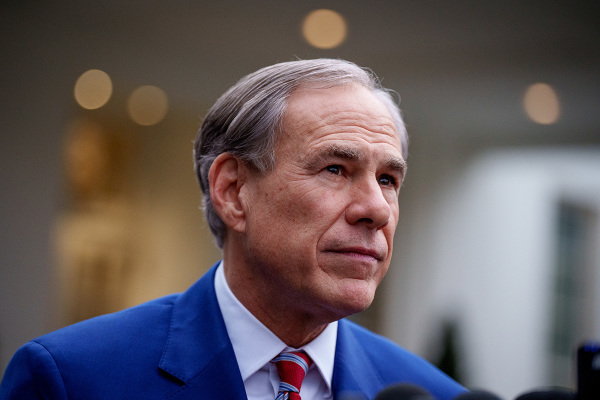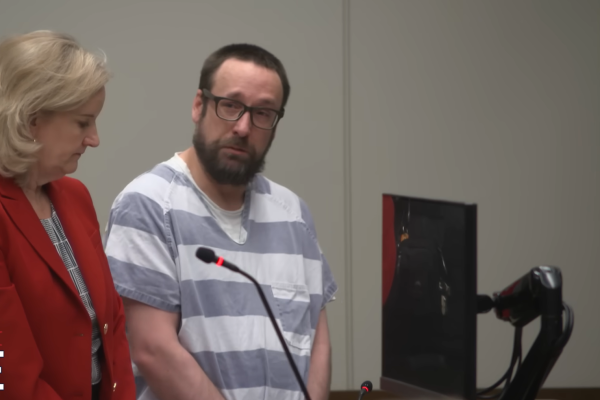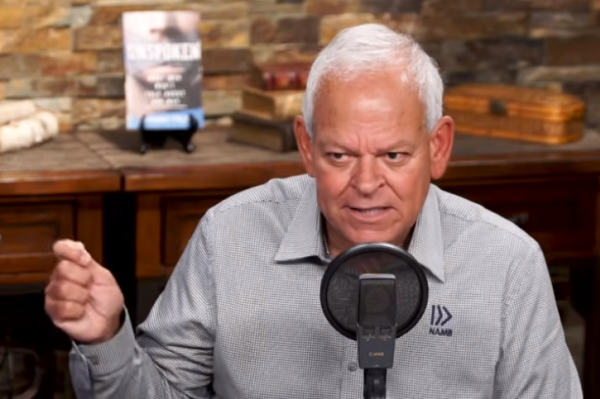Tyndale House Launches eBook Publishing Initiative
In mid-May, sales of electronic books climbed past both hardcover and paperback book sales at Amazon.com for the first time. To capitalize on that momentum, in July, Tyndale House Publishers will release four fiction and one nonfiction titles direct-to-ebook under its Digital First program.
“The audience for ebooks continues to explode. We’ve watched it grow exponentially,” says Jan Stob, senior fiction acquisitions editor for Tyndale House Publishers, based in Carol Stream, Ill. “It has grown across the board but primarily in fiction. When we look at our top 10 best-selling fiction titles, ebooks have begun to appear on that list, which wasn’t true a year or so ago.”
With Digital First, Tyndale will be able to publish more authors.
“There are a limited amount of physical slots in a warehouse to house books – digital is limitless. We can focus on quality without the confines of quantity. [The ebook format] allows us to be much more agile regarding trends,” says Stob. “A print book can take six to 12 months from finished manuscript to publication, while digital can be much more immediate.”
This isn’t Tyndale’s first foray into electronic publishing, as the house has already converted most of its backlist into ebooks and currently is working on converting its front list. Digital First titles will have the same logo and be sold the same as its other ebook titles. Digital First authors also could see their ebooks become a printed edition if a pre-determined benchmark in sales is reached.
An Ebook Tale
For the authors, electronic books offer certain advantages over print books. “It gives authors the advantage of being first to press. If an author is writing about a hot topic or trend, chances are someone might write on the same topic and launch their title first. Digital is much more agile,” explains Stob.
Retail bookstores decide on new inventory based on the author’s previous sales, but ebook authors have the “opportunity to build their readership in digital before they debut in print. Digital is more forgiving that way,” says Stob.
Author Michael Berrier, whose Cash Burn will be released in July by Digital First, says he wanted to write ebooks “because ebooks are becoming the dominant medium of the printed word, and it’s happening fast. … Consumers are demanding access to text electronically for its convenience, speed, and cost-efficiency.”
He predicts more publishers will follow Tyndale’s lead and develop their own line of exclusive ebook titles “because even if the consumer demand for ebooks weren’t the driver, the lower production and distribution costs create an opportunity for publishers to provide more product to their followers in a less risky manner and much more quickly.”
“E-readers are growing in popularity, e-book sales are soaring, and e-publishing appears to be the wave of the future,” says Diana Prusik, author of Delivery, another Digital First title. “I am reminded of a scene in Frank Capra’s classic film ‘It’s a Wonderful Life’ where Sam Wainwright offers George Bailey an opportunity to invest in the ground floor of plastics, a venture that soon exceeds even Sam's expectations. I believe e-publishing is heading for similar wild success.”
While e-readers are changing publishing models, Berrier and Prusik say writing ebooks will not be different from writing print books.
“This hasn't changed the way I write, because one thing can't change whether the distribution method is electronic or paper: quality writing about realistic characters struggling against powerful forces will always be the fundamentals of an author's work,” says Berrier, who owns a Kindle. “That can’t change, and it will be what separates the wheat from the chaff in the huge threshing floor that's becoming the ebook marketplace.”
The Ebook Revolution
Sales of fiction ebooks in particular have exploded recently, and Tyndale House plans to be at the forefront of that wave of interest.
“We have invested in an in-house staff that converts files to allow for quality control, and we work hard to stay on the bleeding edge of digital technology by closely studying the trends and marketing opportunities available. As the digital age continues to explode, we’re committed to investing in digital expertise,” says Stob.
Digital First’s initial ebooks include Delivery, Cash Burn, Stealing Jake by Pam Hillman, The Reinvention of Leona Harper by Lynne Gentry and 40 Days without Food: Divine Goodness to a Starving Soul by Russ Masterson. The ebooks will be priced at full retail. Tyndale will promote its Digital First titles similarly to its other ebooks, which is mainly through reviews and online marketing.
“The shelf life on an ebook is endless, whereas a print book often has a shelf life of a couple of years,” says Stob. Tyndale might release more Digital First ebooks in 2011 and will track sales trends to determine 2012 releases.






















